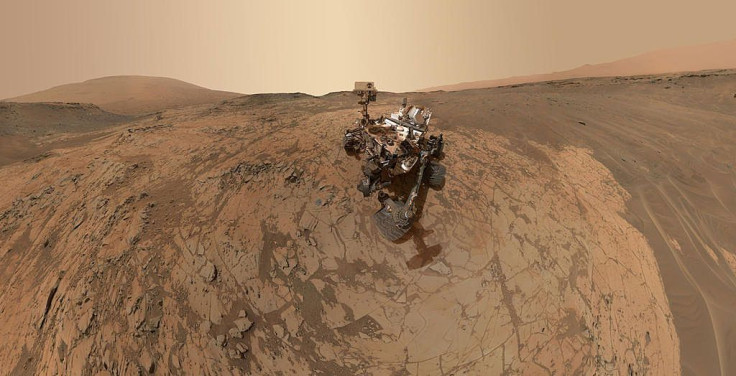NASA Mars Mission News: Humans On Red Planet In Danger Of Mutation

NASA is gearing up for humans to start colonizing planet Mars in the near future.
Aside from an abundance of data that NASA, along with other international space agencies, has gathered to help us understand the geological make-up of the Red Planet, we’ve also come up with powerful technology that would make adapting on the alien planet easier. But there’s something else that we might not have considered: human mutations.
According to a report, colonizing planet Mars may not be as easy as we earlier thought it could be. Evolutionary biologist and Rice University professor Scott Solomon believes that scientists should start studying the serious repercussions of mutations that could happen to the human gene pool, especially those who will be first to colonize the Red Planet.
“What’s interesting to me as an evolutionary biologist is thinking about, what if we’re actually successful? I don’t think there has been nearly as much discussion about what would become of the people that are living in these colonies generations later,” he said in an earlier interview.
The possibilities of the first humans mutating is actually quite alarming. In a TEDx talk held last year, the biologist believes that the fourth generation descendant of the first colonies of Mars will develop stronger bones, nearsightedness, an almost non-existent immune system, difficulty conceiving and susceptibility to cancer due to the high radiation of the planet.
Another interesting detail to note is that these humans will most likely evolve into a different species altogether and if it happens, it is not advisable to breed with Earth-based humans.
“Evolution is faster or slower depending on how much of an advantage there is to having a certain mutation,” he said.
It’s all good, of course, if humans on Mars gain a mutation that raises their survival advantage while on the Red Planet. But the assessment of these genes may not be easy.
In addition, breeding with Earth-based humans could prove dangerous to Mars-based men. Without the strong immune system needed to protect themselves from possible viruses and bacteria which originated on Earth, an intimate connection between the two groups might actually be fatal for “Martian” humans.
Of course, humans could very well develop an organic system that could protect them from the Red Planet’s harsh environment in the long run. This evolution could result in humans with different skin color, stronger bone density and a respiratory system that could rely less on oxygen. If this happens, do we continue to call this species human or would they have already transformed into Martians?
© Copyright IBTimes 2025. All rights reserved.





















